Advanced Techniques Every Chef Should Learn from This Pasta Bootcamp
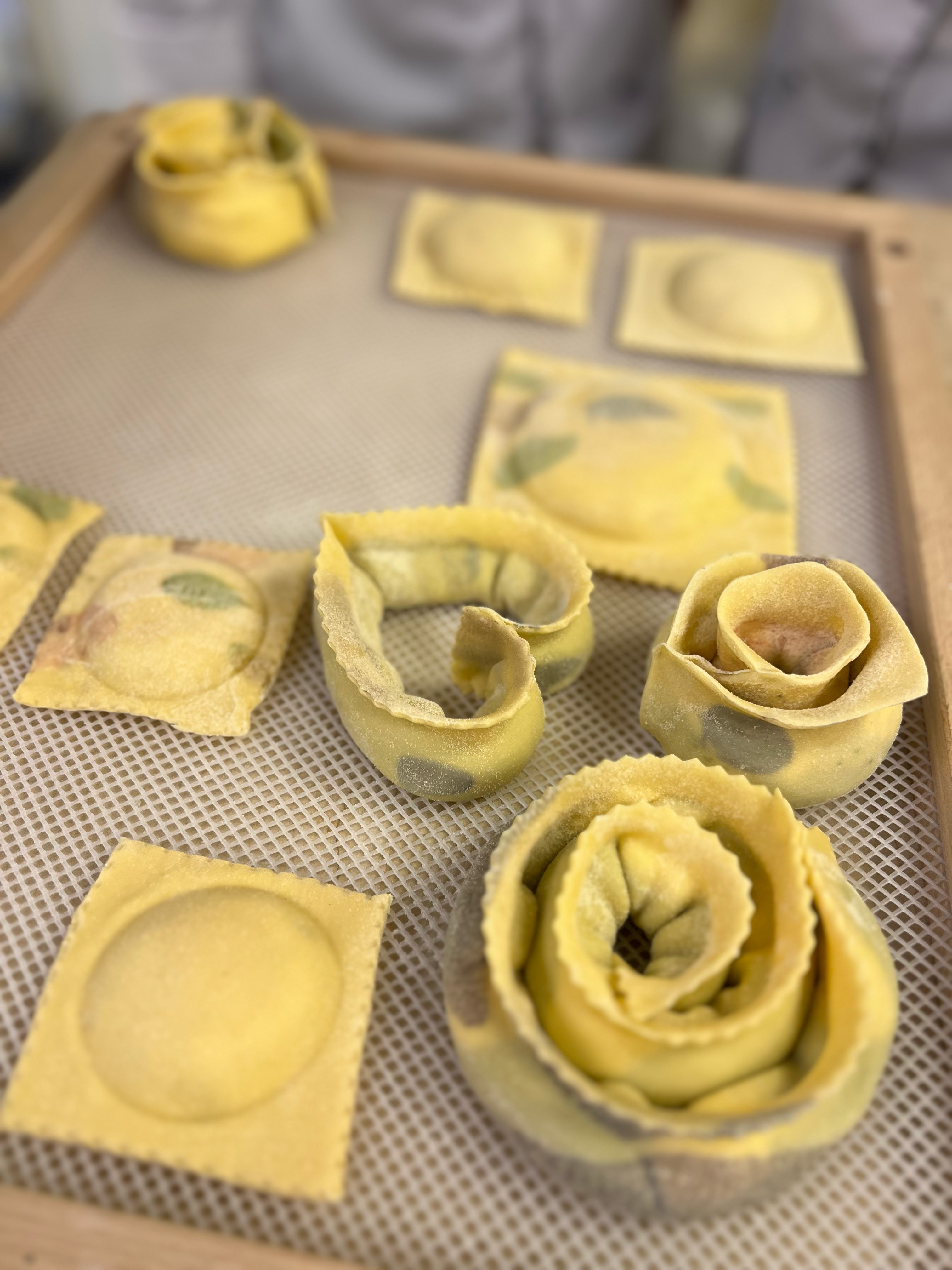
In the modern culinary arena, pasta is no longer just a comfort dish — it’s a statement of technique, precision, and creativity. If you want to rise above casual home cooking and achieve true mastery, a 40-hour immersive training can make all the difference. That’s exactly what the New York Professional Pasta Making Class — 5-Day / 40 Hoursoffers: a rigorous, chef-level bootcamp to take your pasta game to the professional tier.
Professional Pasta-Making Class: 5-Day Training Program | NYC I 40 Hrs
Professional Pasta-Making Class: 5-Day Training Program | SF I 40 Hrs
Below, we explore the advanced techniques this program covers, what distinguishes it from shorter workshops, and why these skills matter — not just for beautiful menus, but for durable culinary careers.
Why Advanced Pasta Skills Are Crucial for Serious Cooks
You might wonder: “Don’t I already know how to make pasta?” But the gap between a “good home plate” and a dish that holds its own in a restaurant or a pitch to a client is wide. Here are the stakes:
- Consistency under pressure: In a service kitchen, you can’t hope for every piece to be perfect by accident. You need reproducible results — whether you’re doing 50 servings or 5.
- Ingredient discipline: Knowing how different flour types, hydration levels, and resting times change texture is key to adapting recipes.
- Troubleshooting on the fly: Dough too dry, too sticky, sheets tearing — these are not just nuisances, they’re threats to your service. Recognizing and correcting them in real time is part of the craft.
- Menu differentiation: Many restaurants list “fresh pasta” — but few can truly deliver a signature pasta that stands out. Mastery gives you the capacity to invent shapes, flavors, or hybrid techniques.
- Career leverage: For culinary students or chefs aiming to specialize, proficiency in pasta can become a point of expertise or even a niche business line (private dinners, pasta product lines, specialty catering).
This bootcamp is built to close that gap.
Structure & Pedagogy: Why 5 Days, Not 2
One of the things that separates this program from weekend “pasta parties” is its progressive layering of skills, feedback loops, and repetition. Over five days:
- You’ll build from foundational techniques (dough, kneading) to advanced modules (laminated doughs, filled pastas, plating).
- You’ll get ample hands-on time with instructor critique — not just demonstration.
- There’s room to revisit mistakes, refine texture, and iterate — something short classes simply don’t allow.
- You’ll work in a professional kitchen context, simulating conditions closer to real service.
In short: in 40 hours, you don’t just touch advanced techniques — you internalize them.
Technical Modules Covered
Here’s a detailed breakdown of the advanced techniques covered in this bootcamp — and why each is vital for your skillset:
Dough Hydration, Flour Blends & Resting
Rolling & Sheeting Precision: Hand vs Machine
Cutting, Extruding & Shaping
Stuffed & Laminated Pasta
Finishing, Cooking & Plating
Troubleshooting — The Silent Skill of a Chef
The true mark of mastery is how you respond when things deviate. In this bootcamp, you’ll repeatedly encounter “broken” dough, under-sealed ravioli, overworked lamination, or stuck sheets. Instructors won’t just tell you “that’s bad” — they’ll walk you through real-time adjustments:
- Adding moisture incrementally vs letting rest
- Adjusting speed, roll pressure, or temperature
- Reworking dough pockets rather than discarding entire batch
- Alternative binding strategies (egg wash, semolina dusting, flour slurry)
- Recognizing structural flaws early (holes, tearing) before finishing
These interventions come from experience — and in repeated cycles, you internalize them. After the course, when your ravioli starts leaking in a service run, you won’t panic — you’ll have seen and corrected it before.
Why These Skills Matter in a Real Kitchen
Let’s tie the technique back to real-world application. Here’s how mastery transferred during training translates to value in a kitchen, restaurant, or business:
Service Efficiency & Consistency
Menu Versatility & Innovation
Mitigated Waste & Cost Control
Reputation & Professional Branding
Pathways to Entrepreneurship or Specialty Lines
What Sets This Bootcamp Apart & What to Expect
- Rigorous curriculum, not casual demo
- Low student-to-chef ratio
- Professional kitchen environment
- Ingredient transparency & sourcing
- Portfolio opportunities
- Certificate of completion (if offered)
Tips to Maximize Your Results
Practical advice on documenting, engaging, recovering from fatigue, asking for feedback, and sustaining momentum after the course.

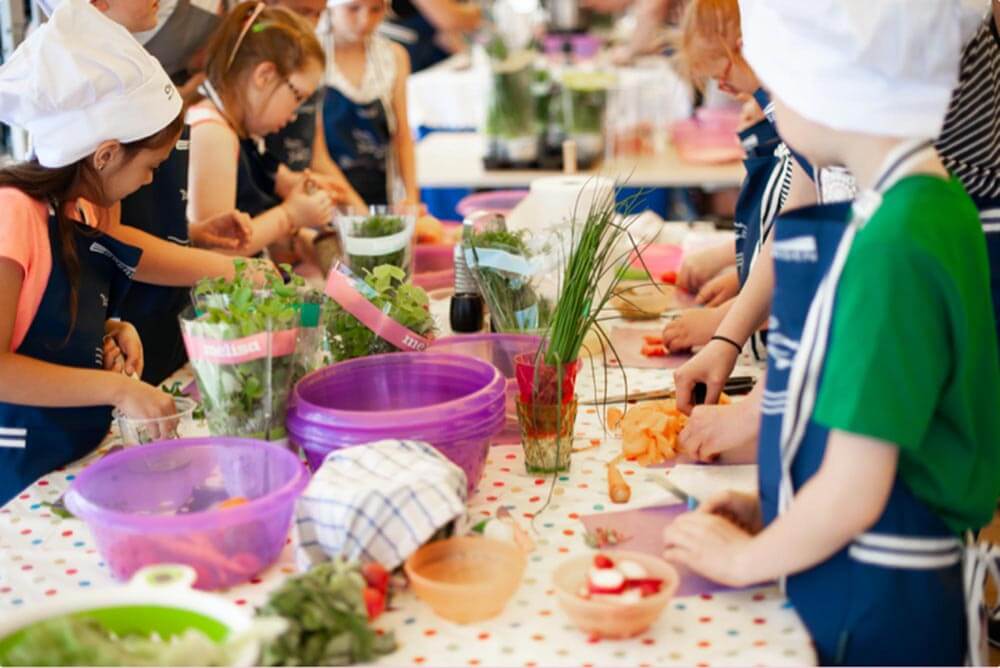
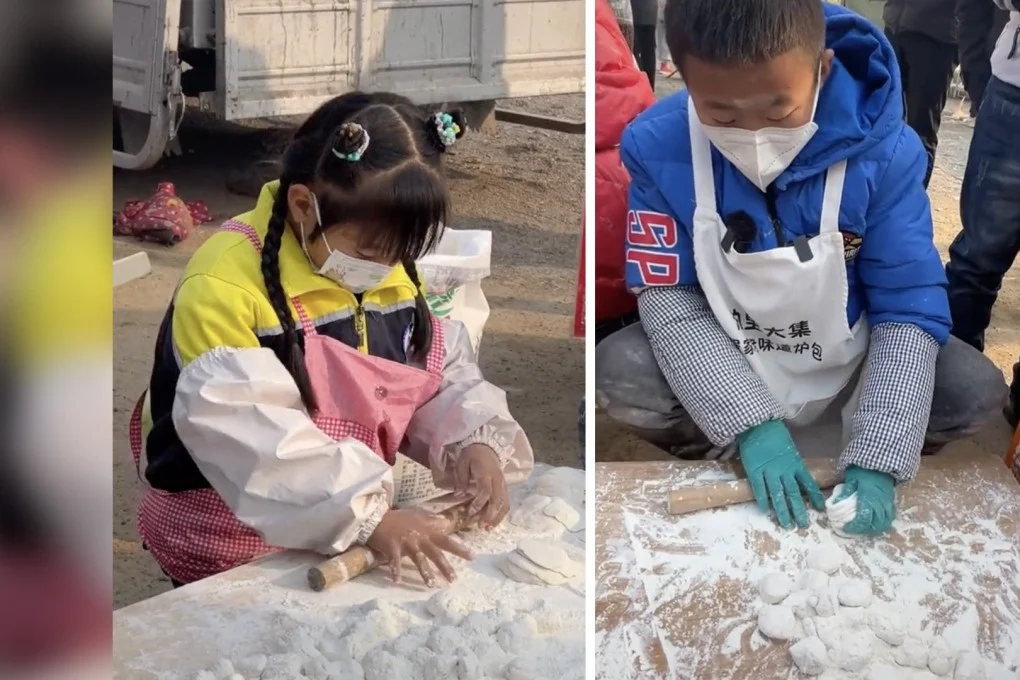





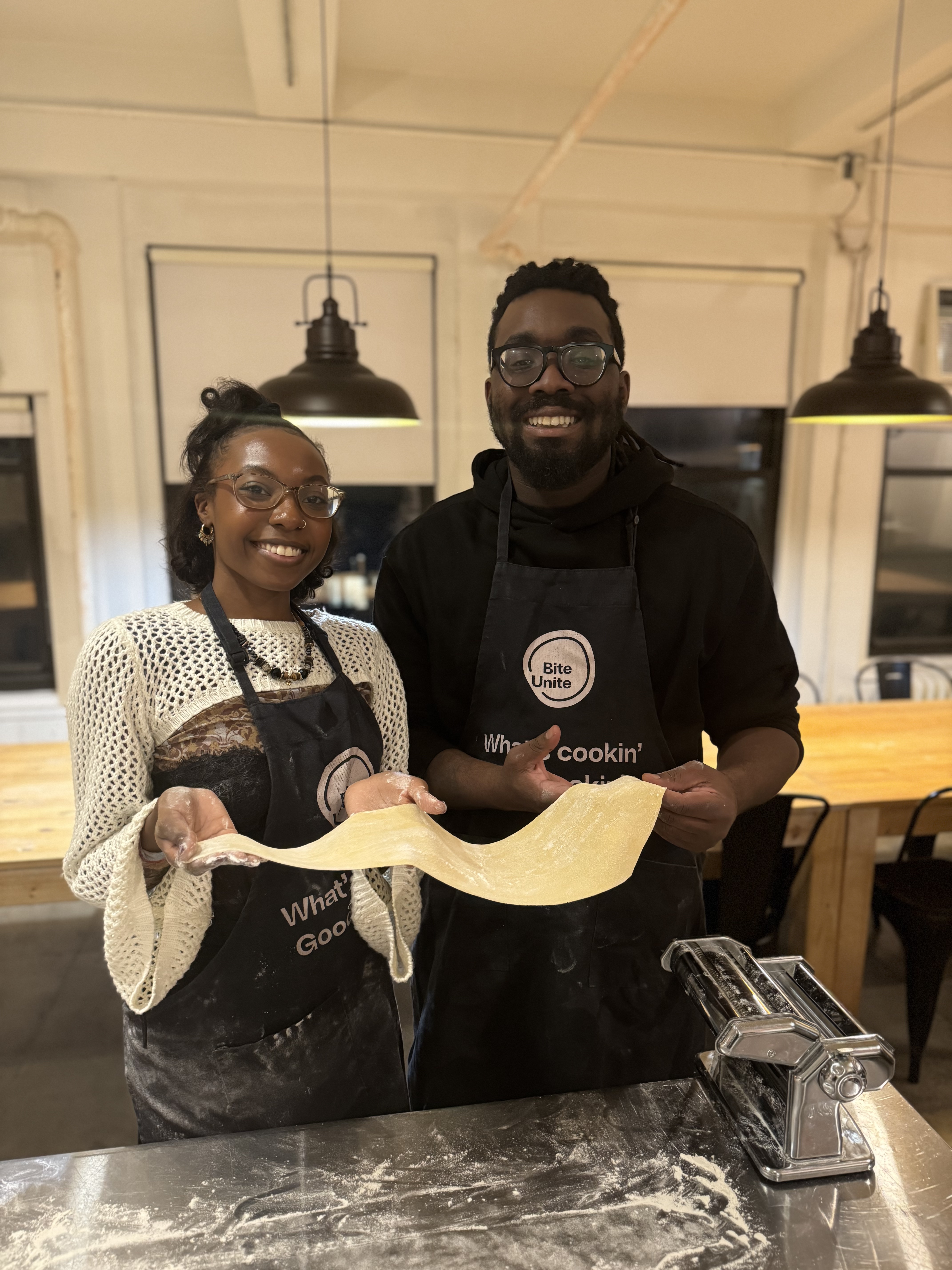
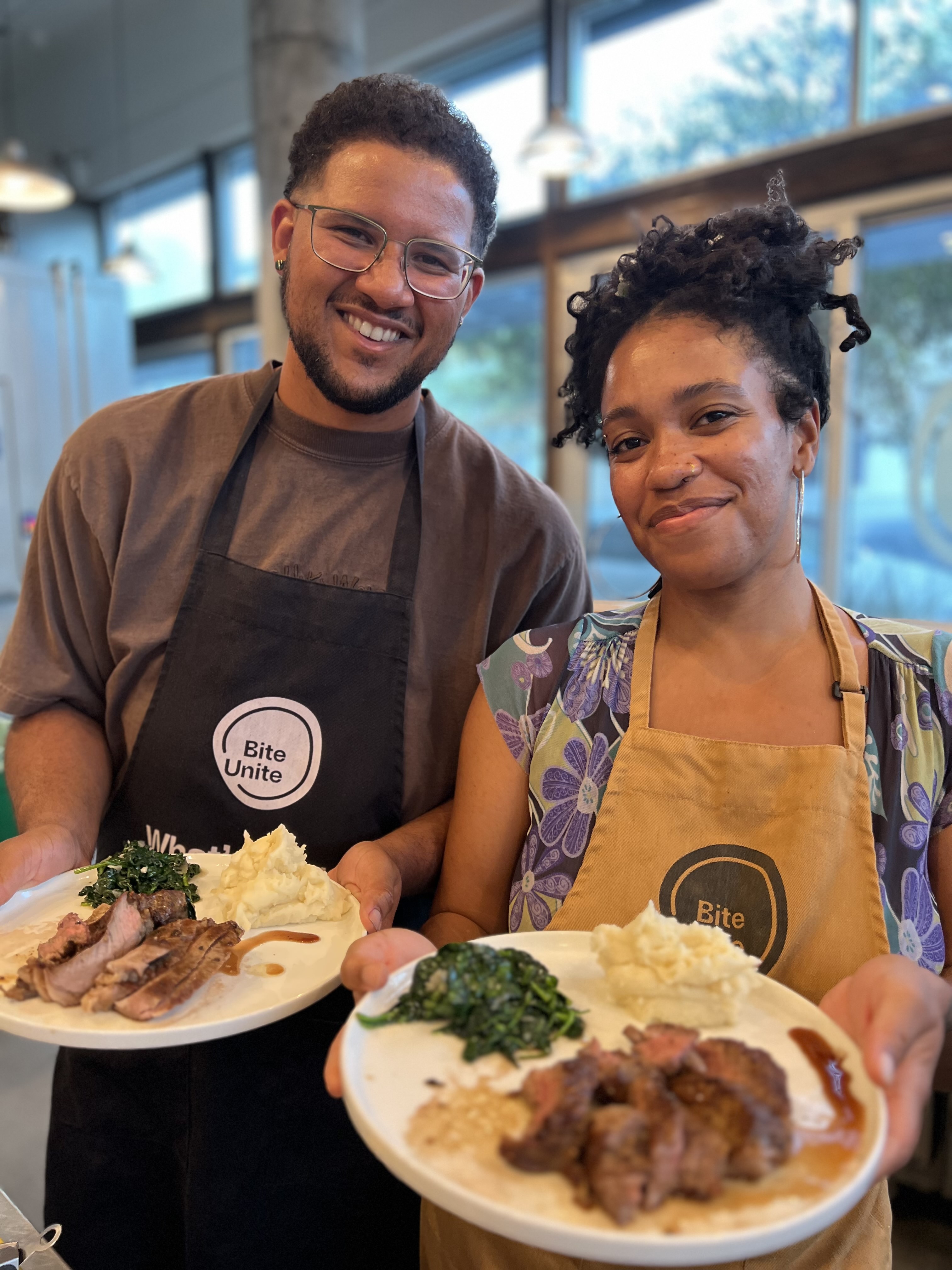




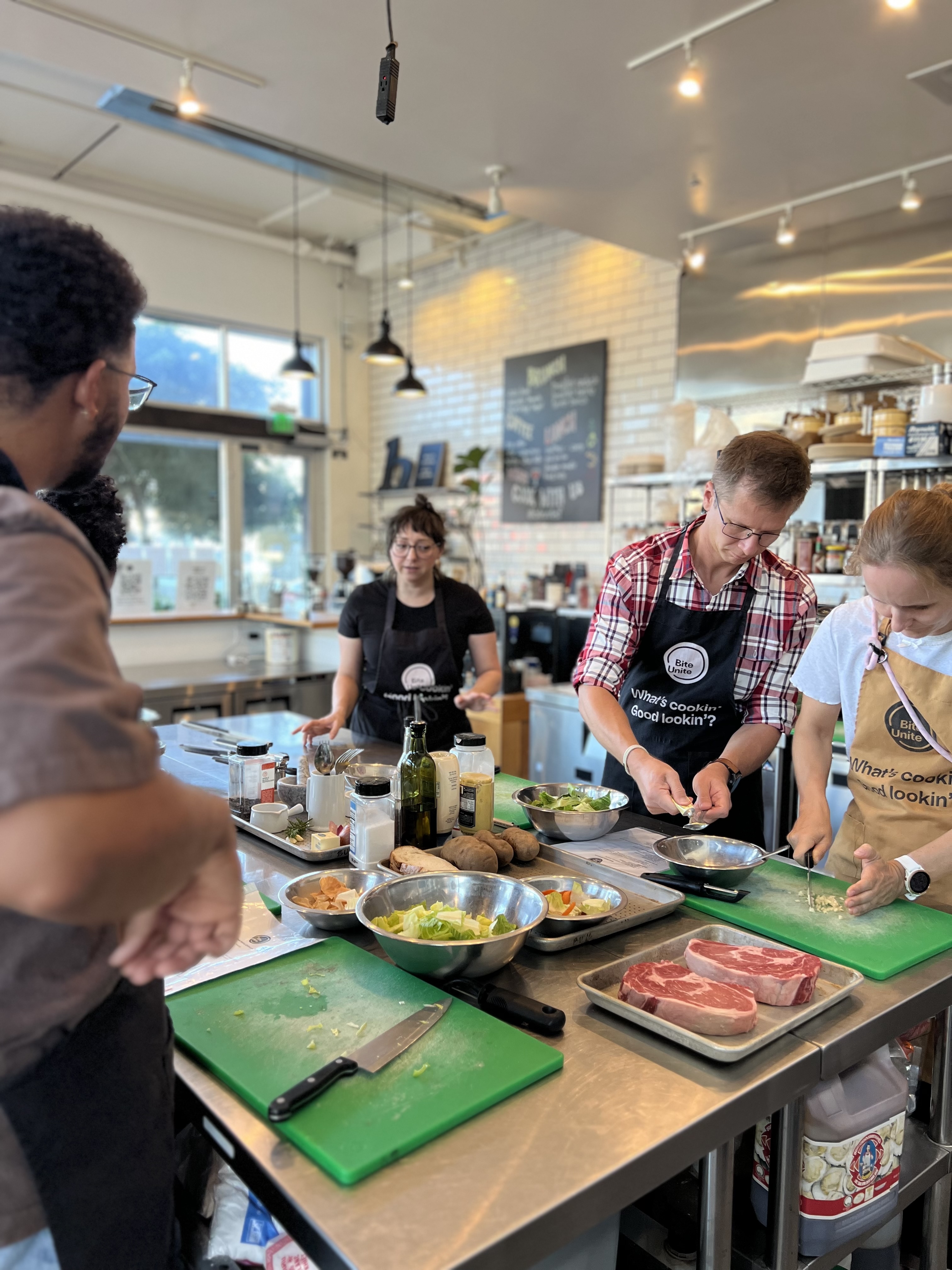
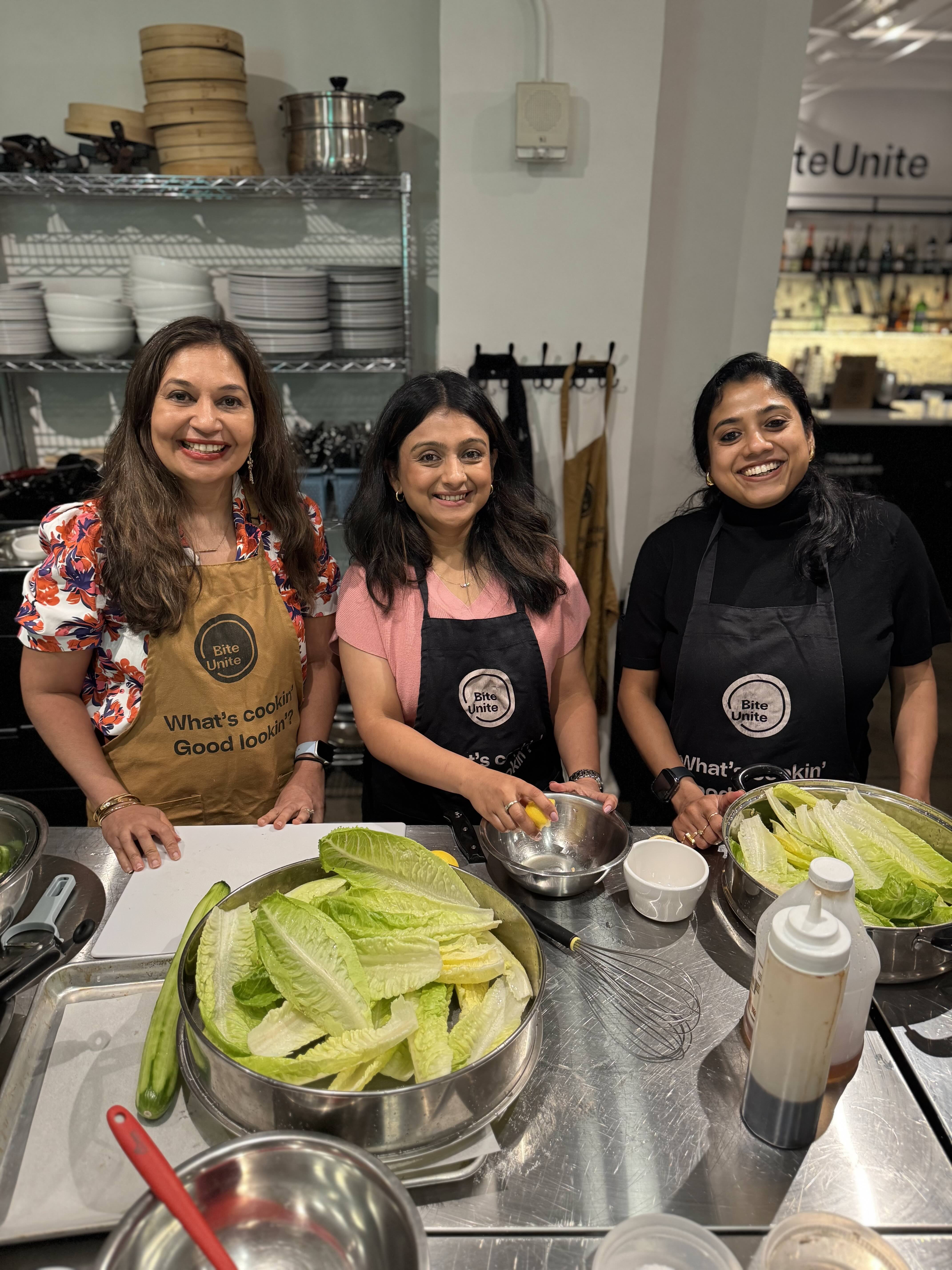



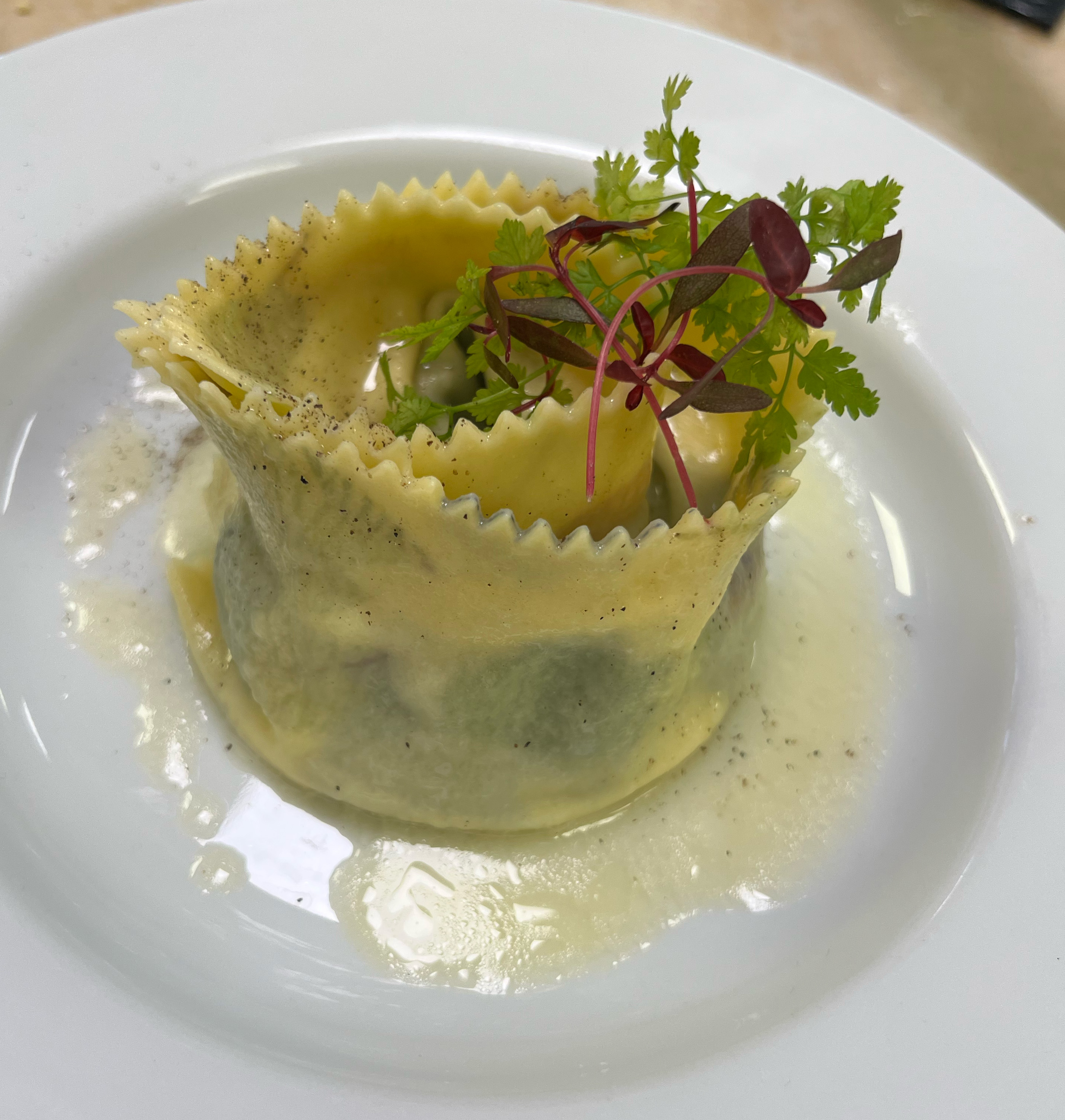

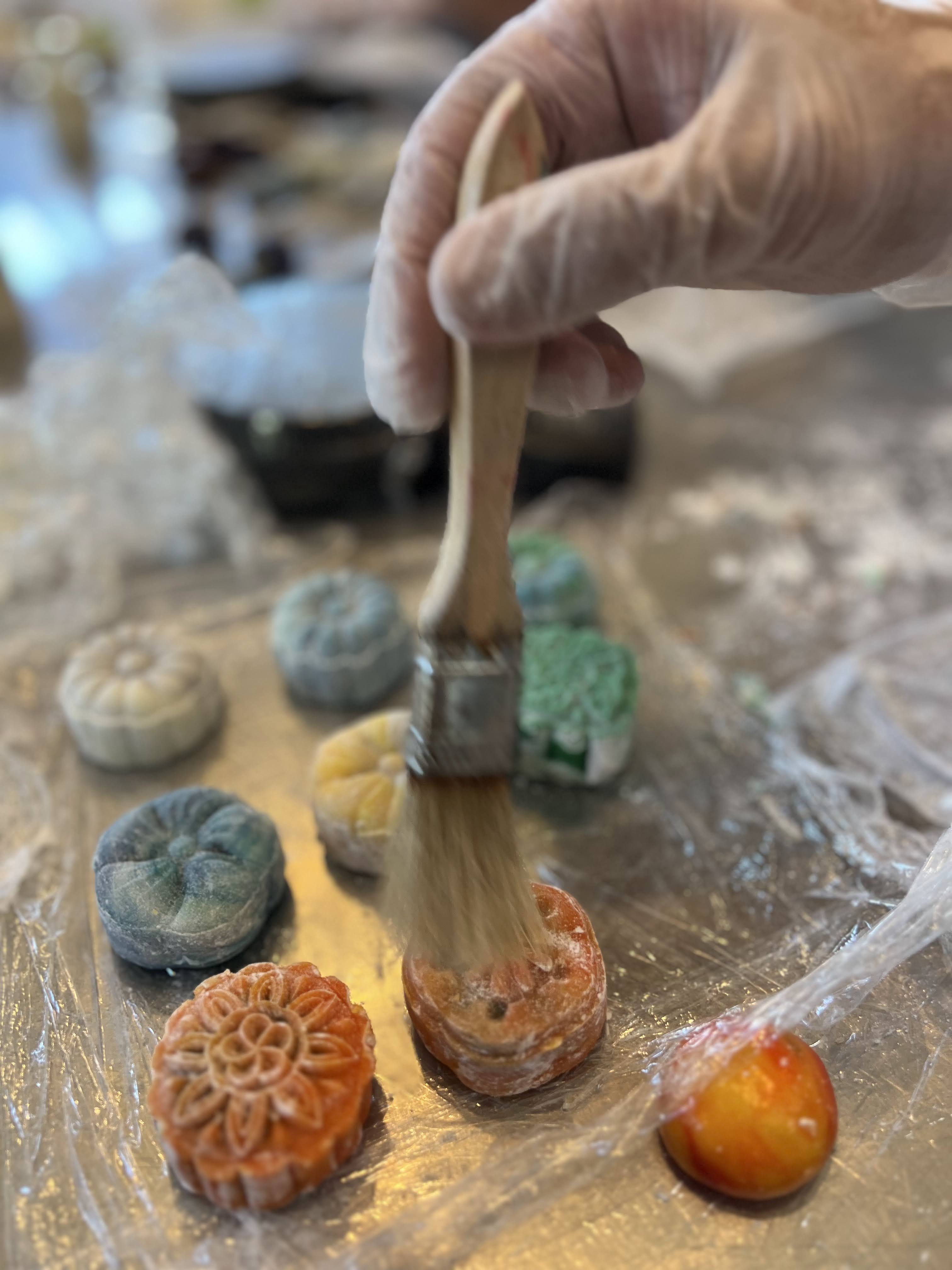

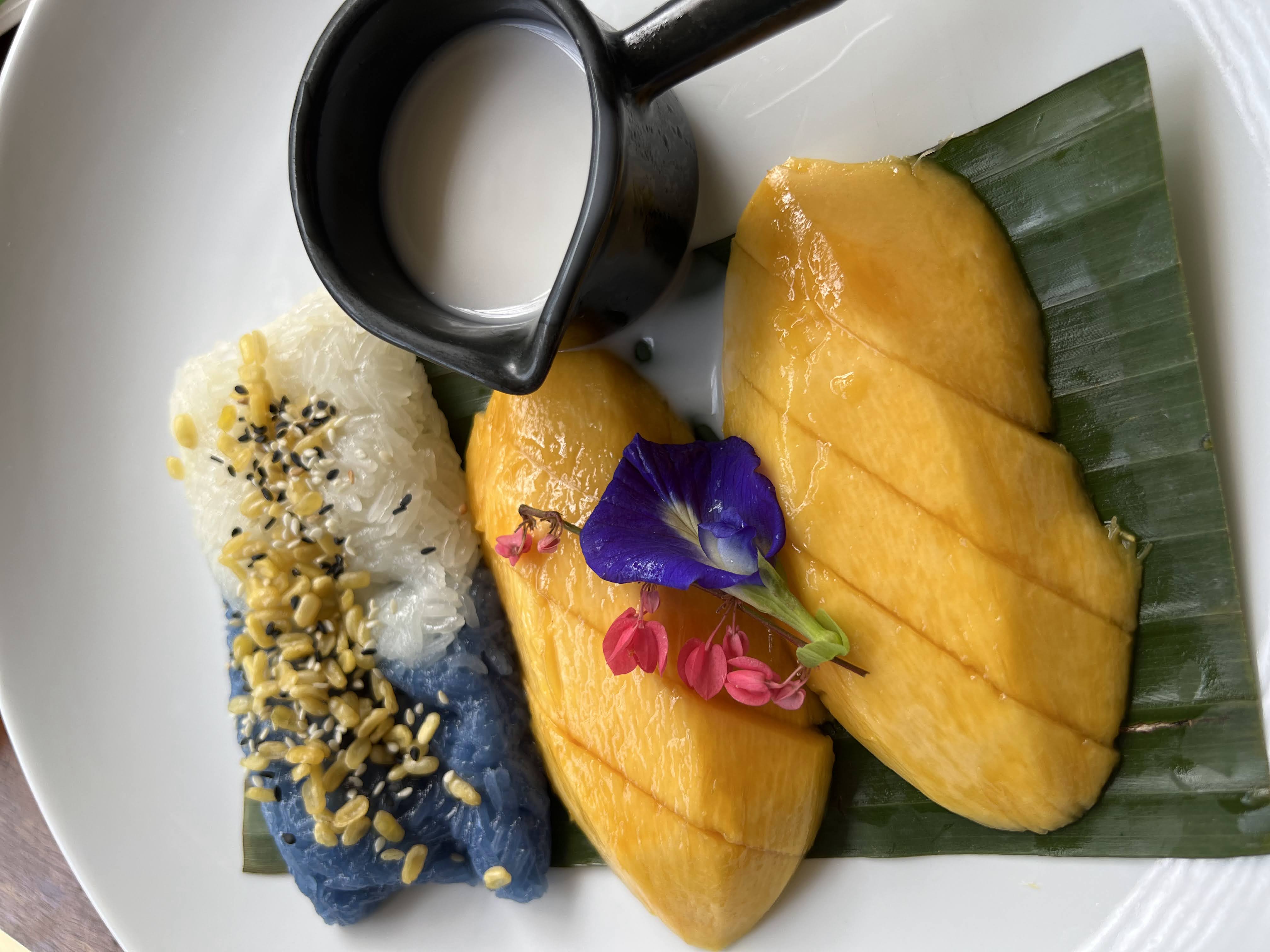
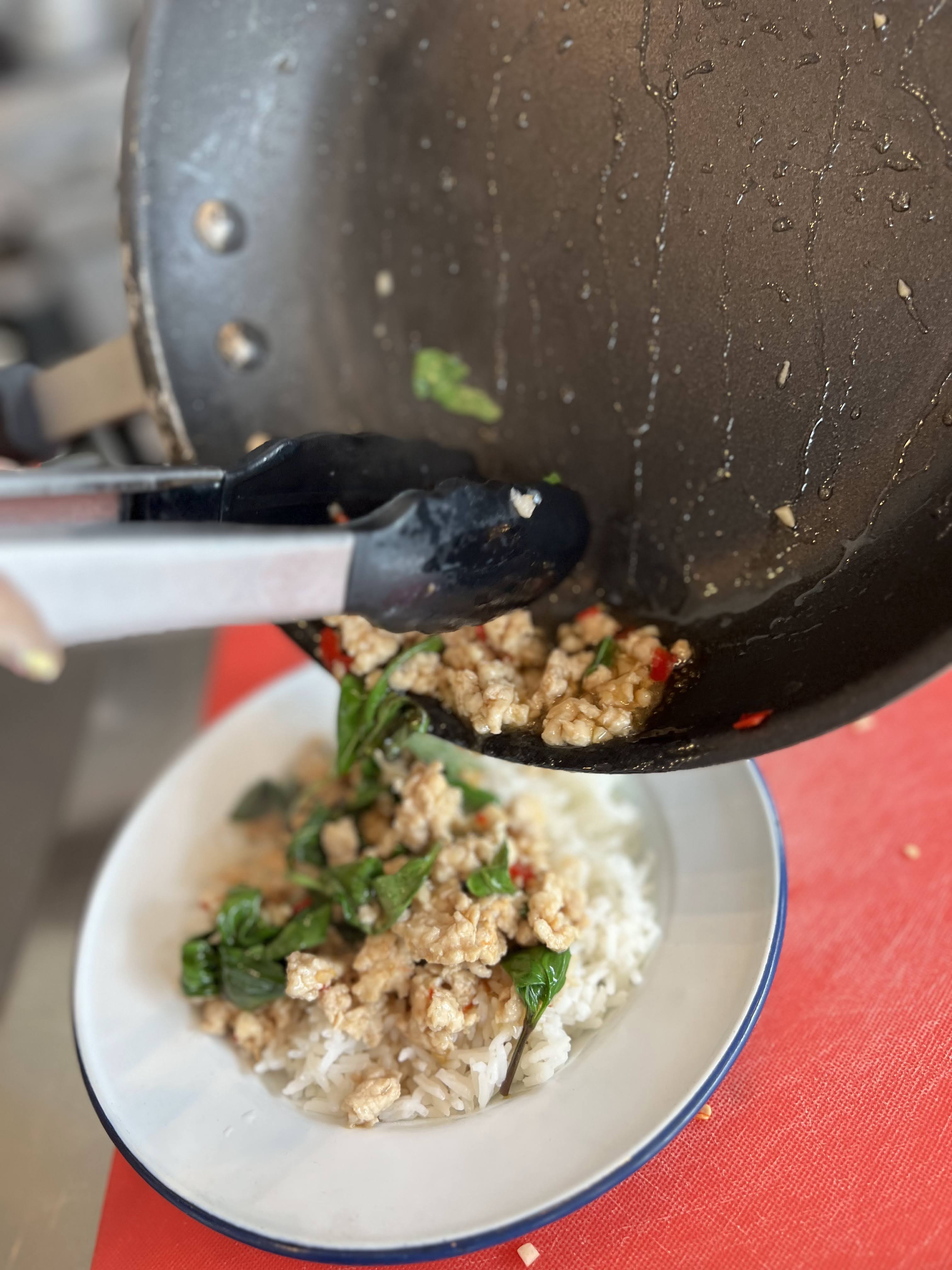
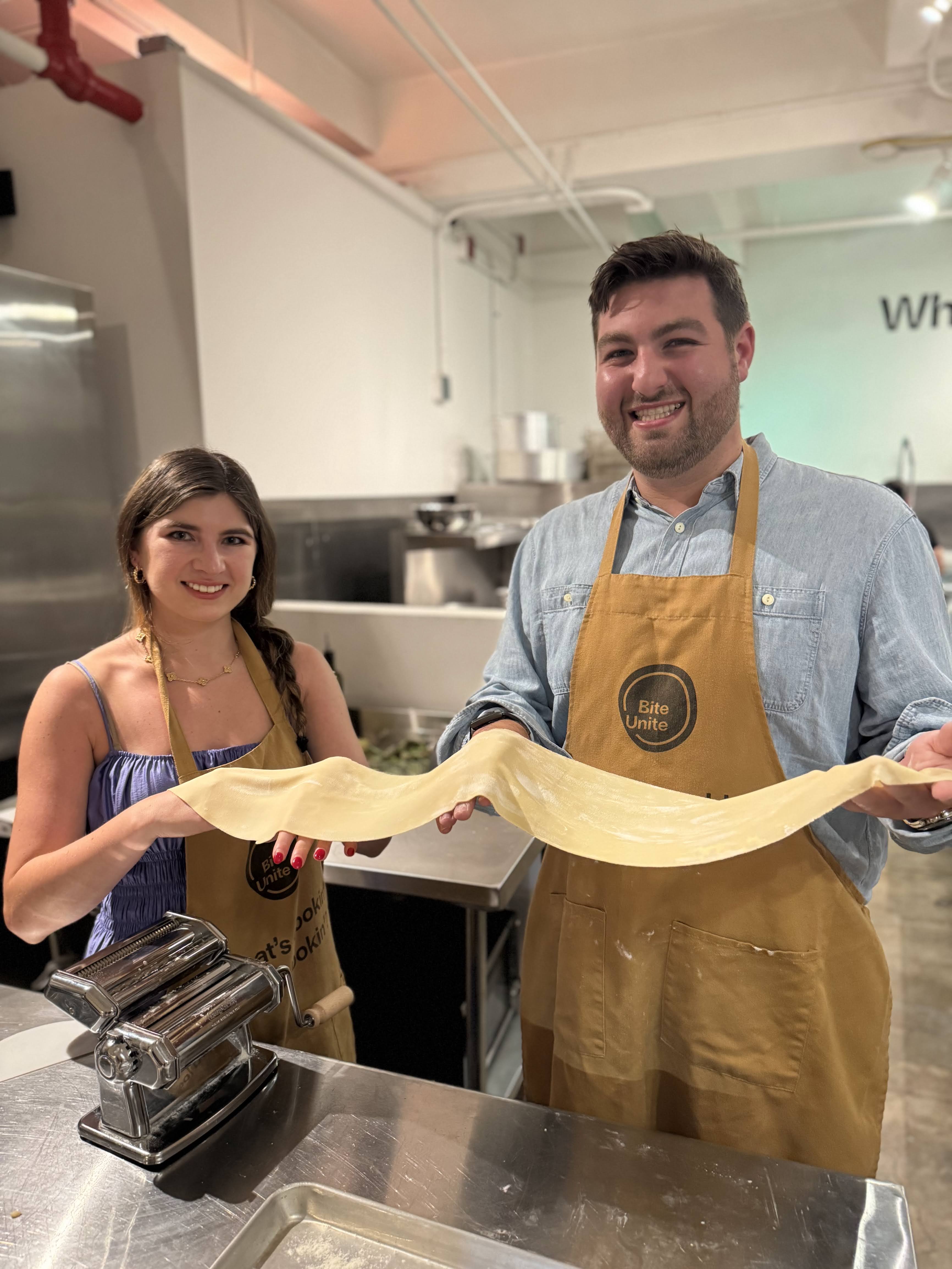
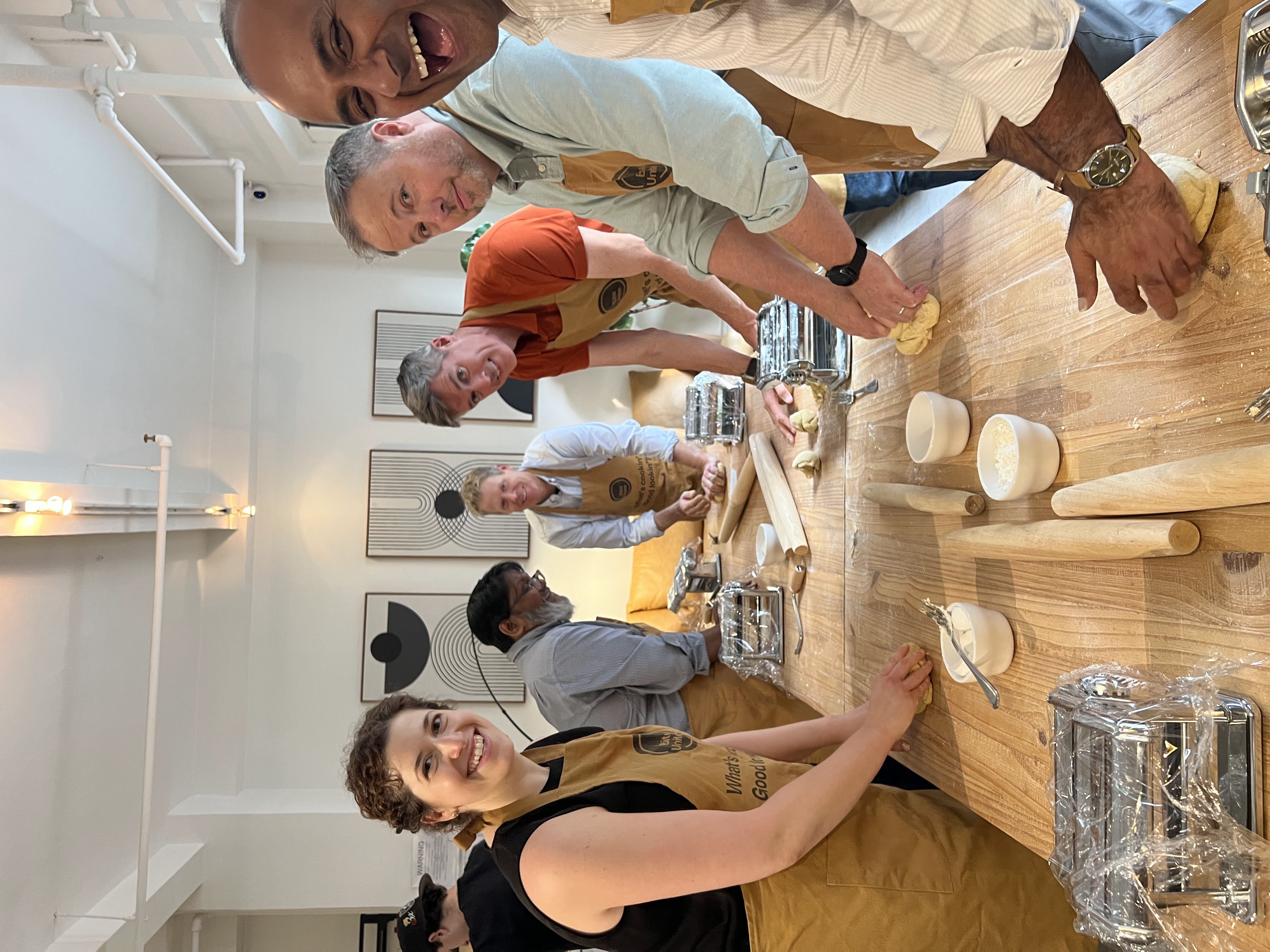
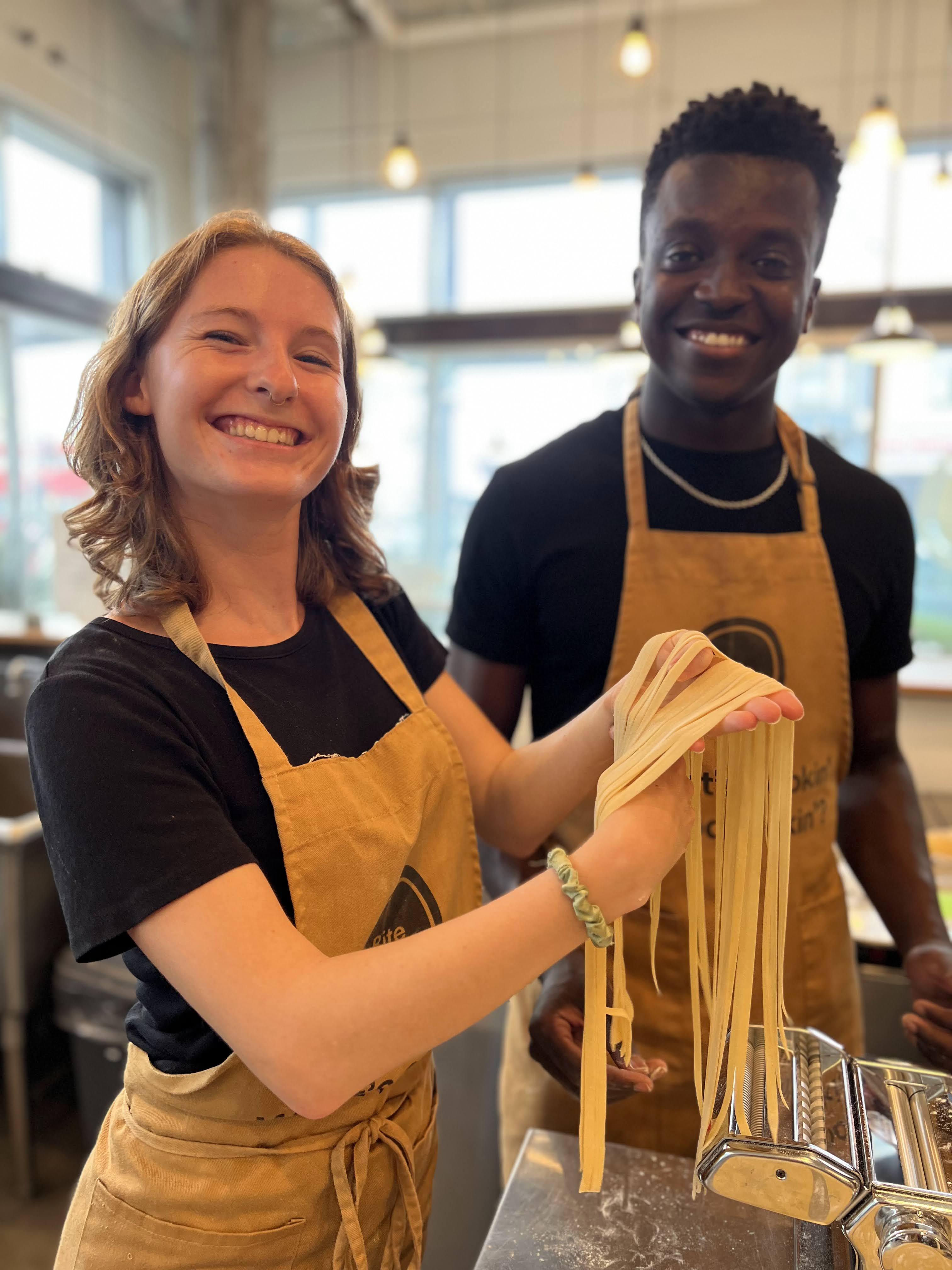
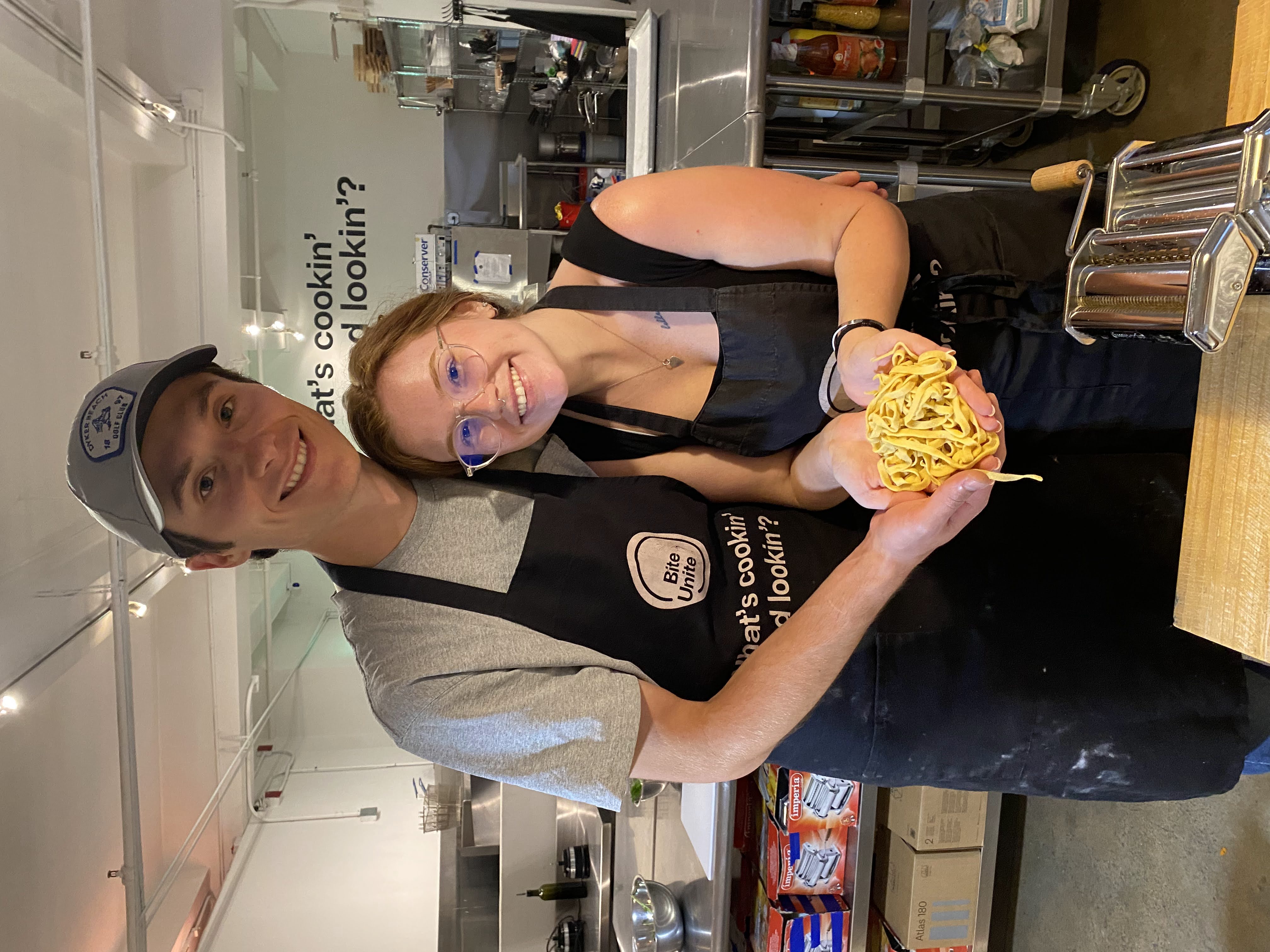
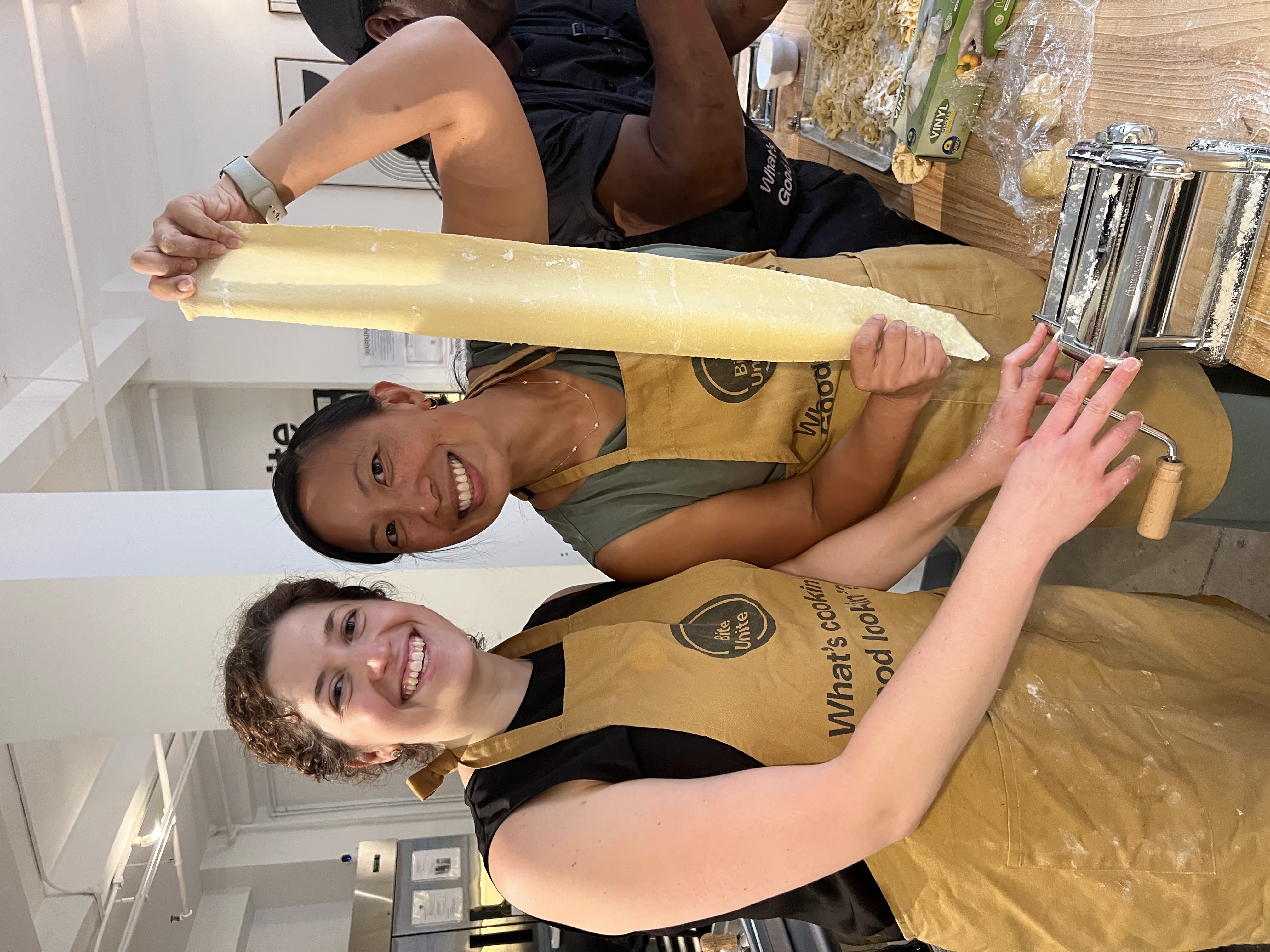
.jpg)
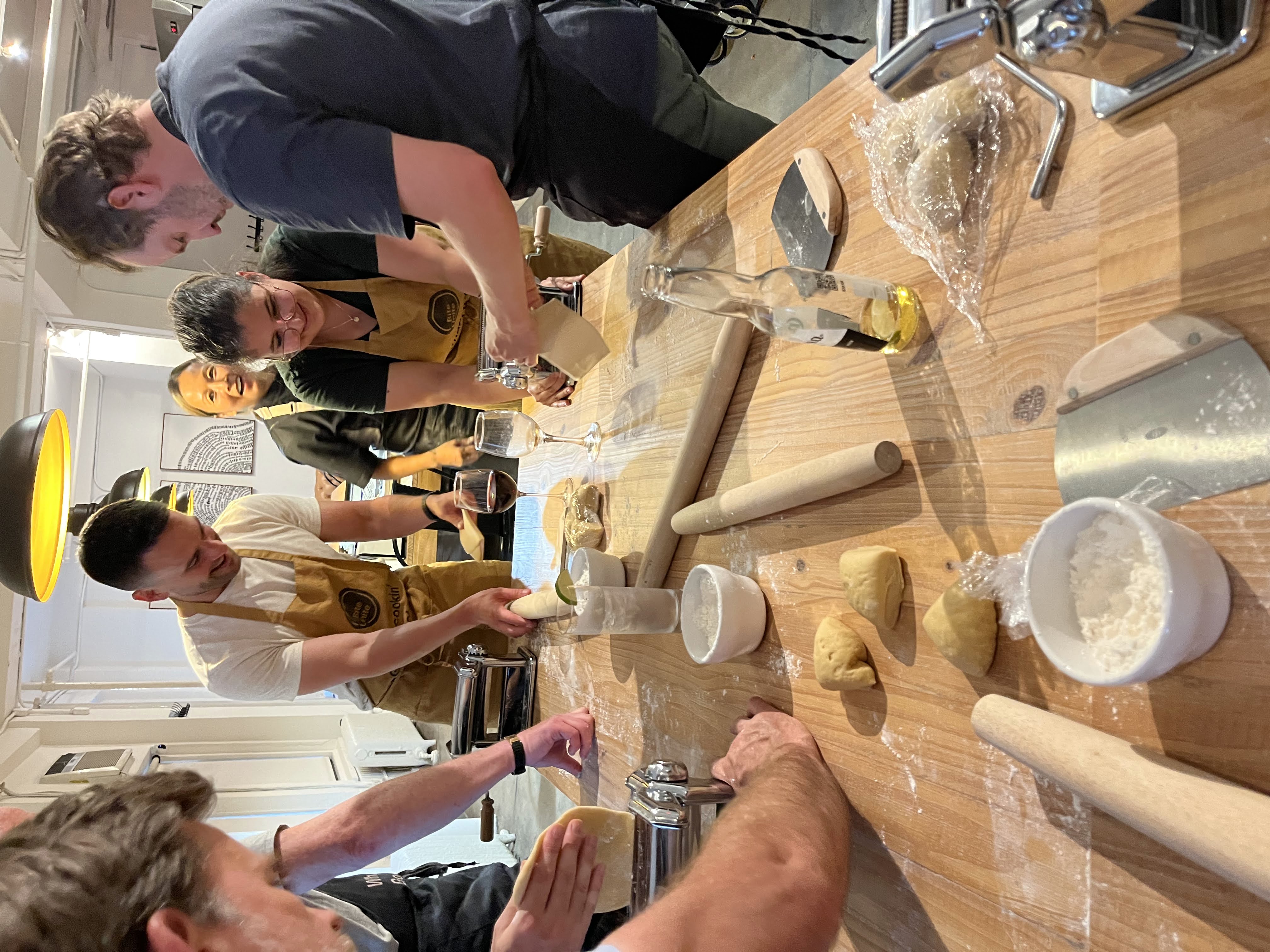
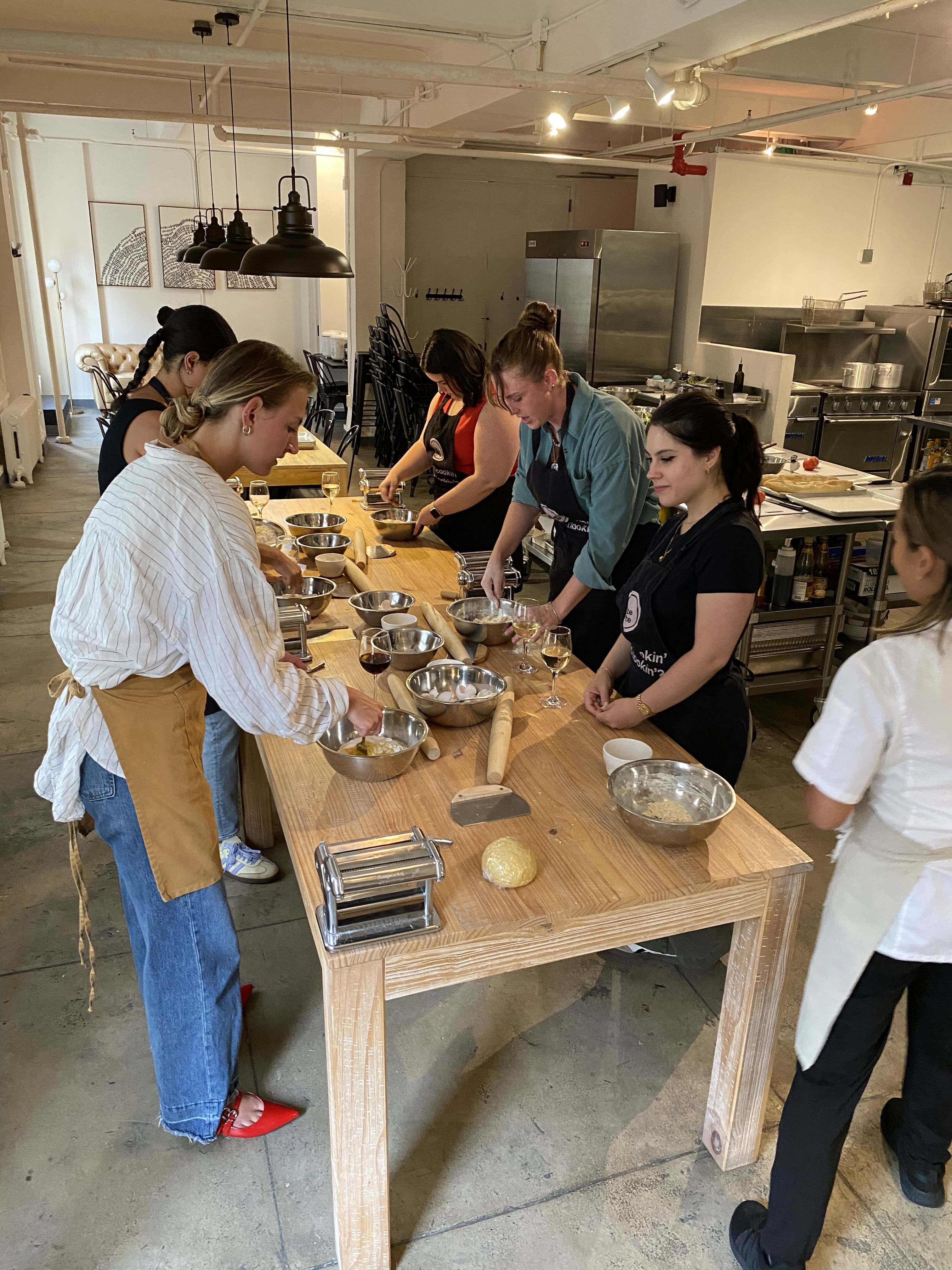
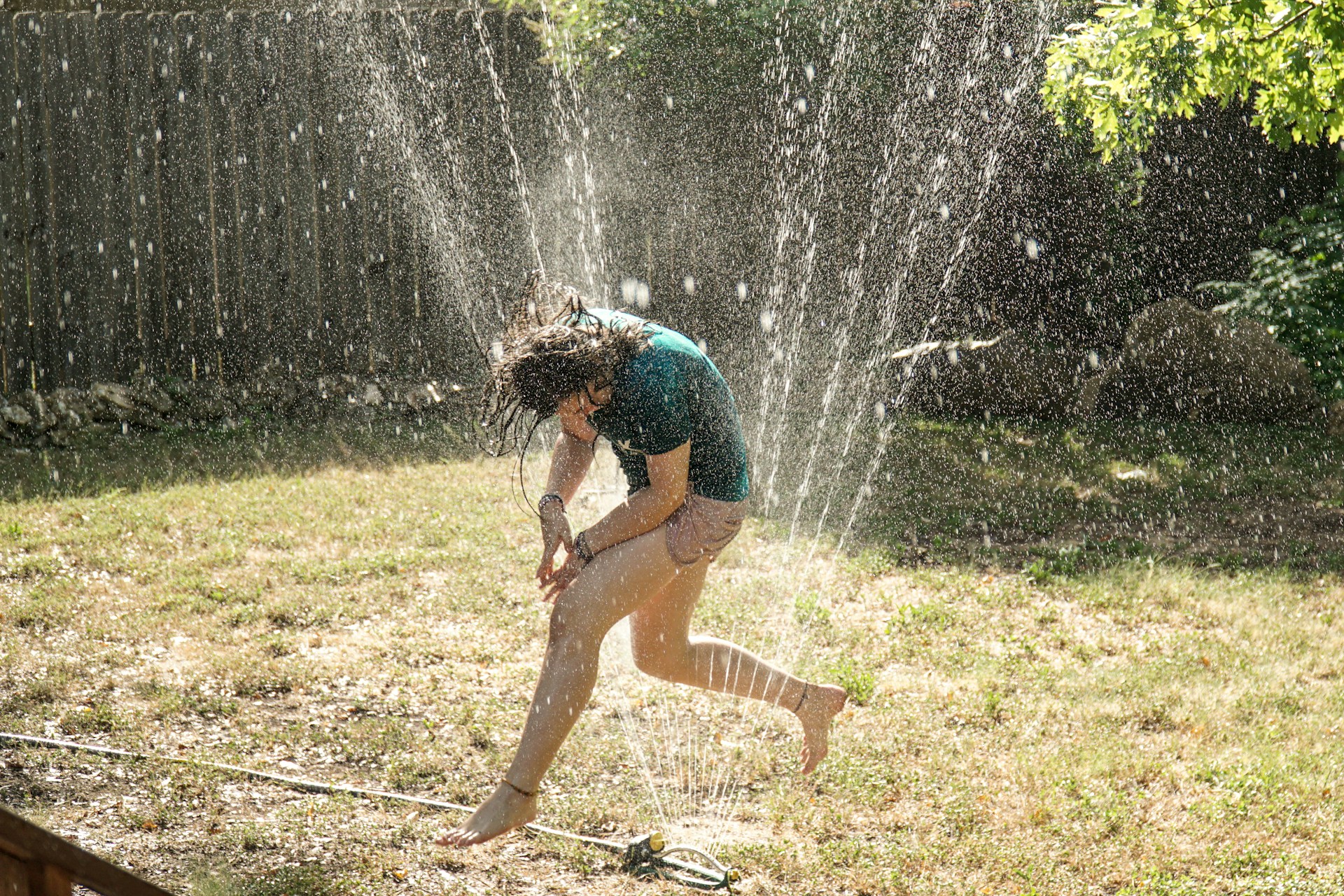


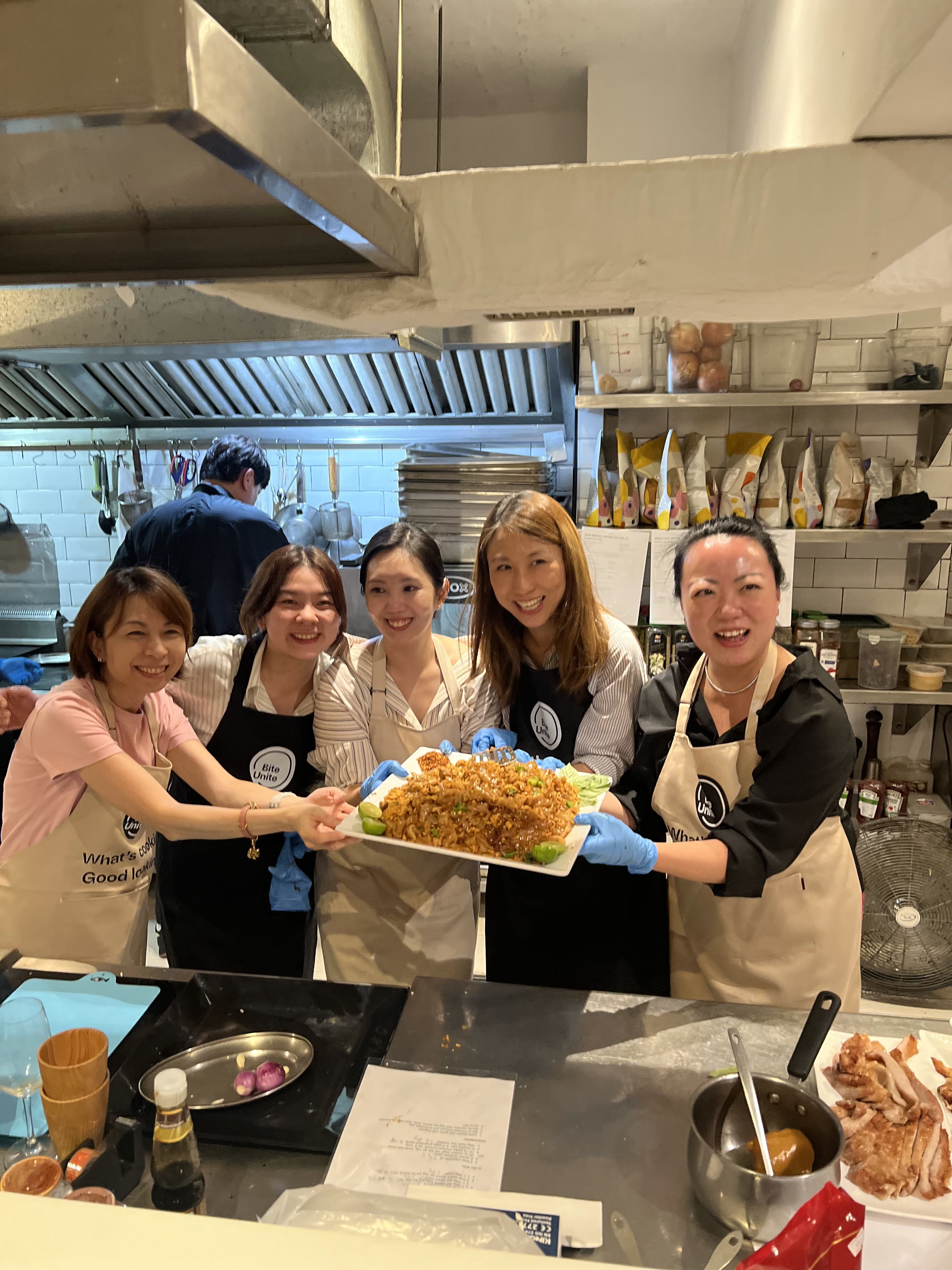
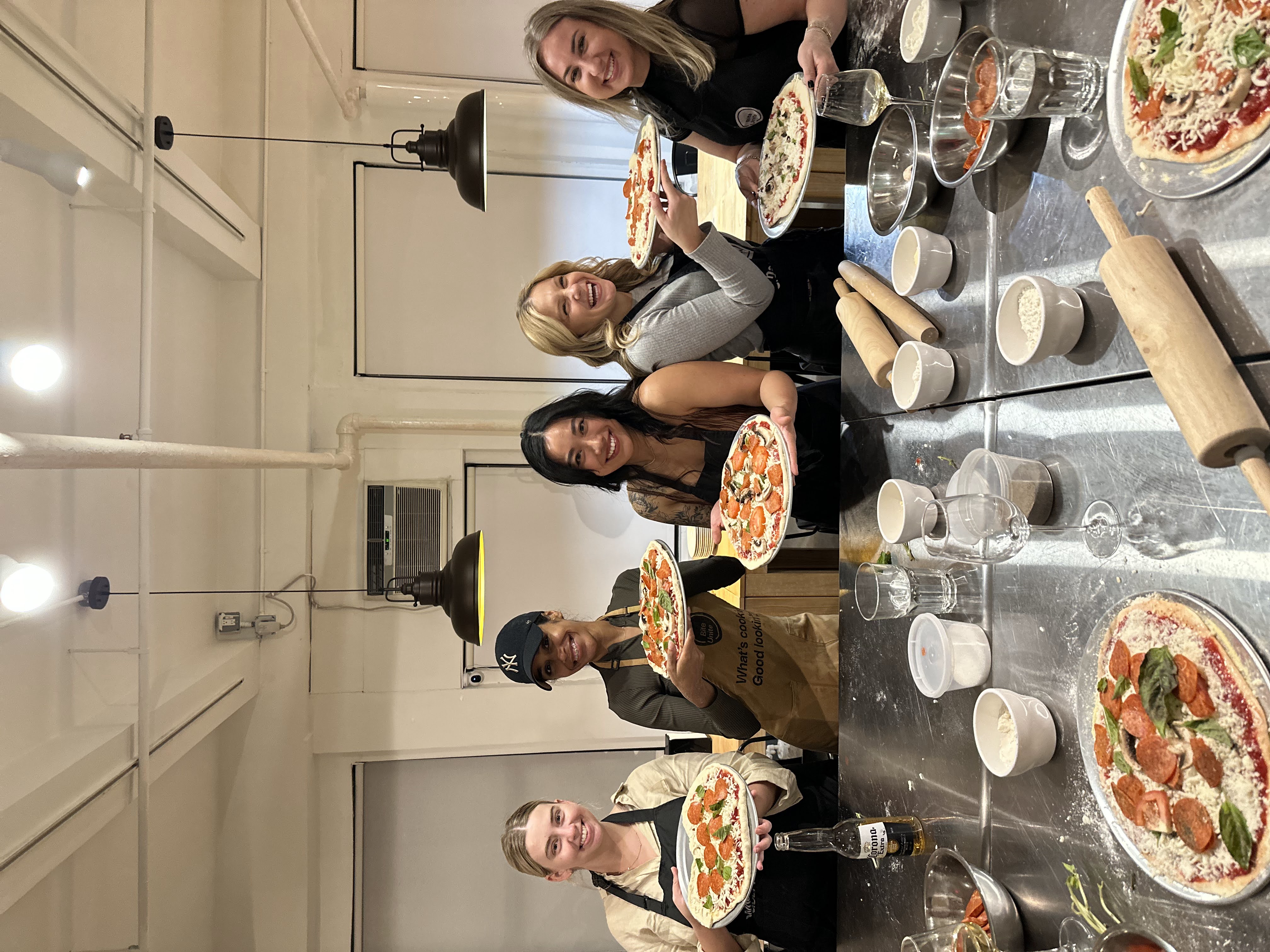

.jpg)


.JPG)
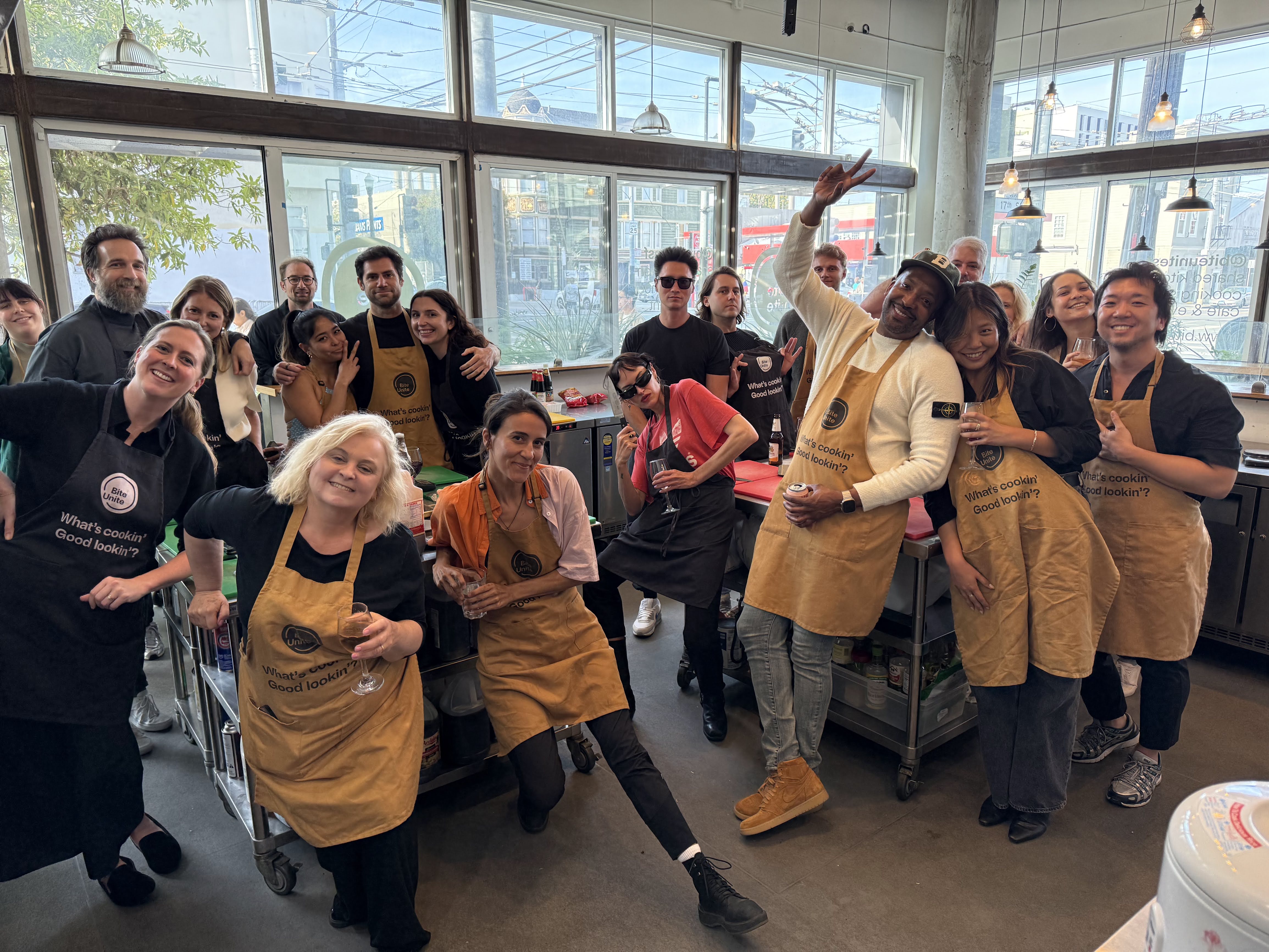
.jpg)















.webp)


















